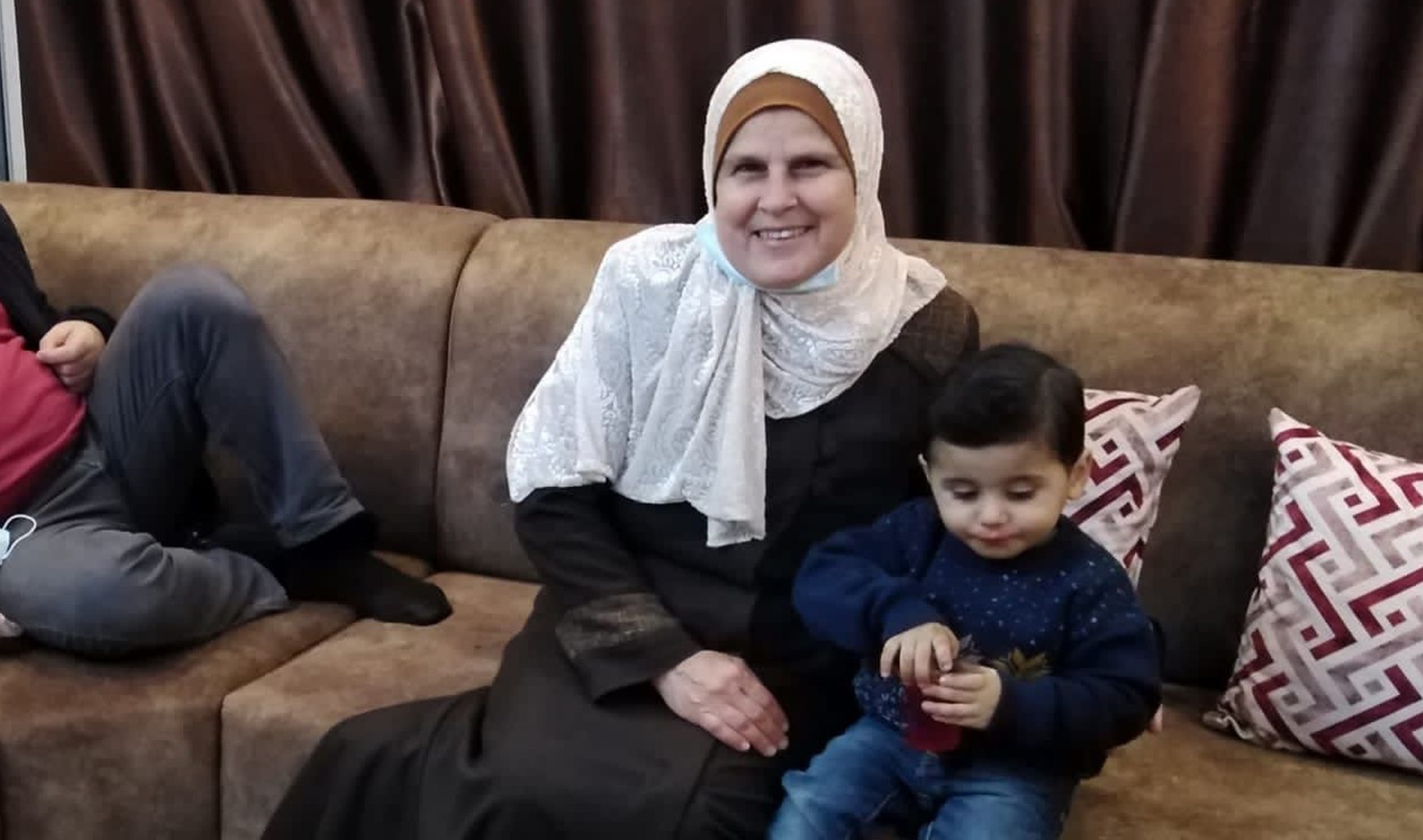Columbia antisemitism task force details student assaults, targeting after Oct. 7
Jewish students at Columbia University were chased out of their dorms, received death threats, spat upon, stalked and pinned against walls, as the Ivy League school devolved into a cesspool of antisemitic hate in the wake of Hamas’ Oct. 7 murderous raid on Israel.
The new and disturbing details emerged from the lengthy, 91-page document released Friday by the school’s faculty-led antisemitism task force, which revealed the extent to which the hate permeated the institution.
“Students described being shoved, pushed to the ground, berated for showing support for Zionist causes, and watching Israeli flags burned,” the task force’s authors wrote.
“They recounted seeing drawings of swastikas in their dorms, students yelling pro-Hamas chants, and being denied access to public spaces and opportunities simply because they were Jewish or Israeli.”
Testimony from nearly five hundred Columbia students informed the report, which found visibly observant Jews had been pinned to the wall and had their jewelry ripped off while coming and going from synagogue. Others recounted being spat on and having been called ethnic slurs on campus.
One student, who had installed a mezuzah on her dorm’s doorway prior to the Israel-Hamas war, was forced to move out after people were pounding her door throughout the night beginning in October, demanding she explain the Jewish state’s war in Gaza.
“If I walk on campus right now with my star out or kippah or say ‘am Yisrael chai,’ I could start World War III,” one anonymous student’s testimony read.
Instructors tasked with guiding and mentoring students instead contributed to the sense of isolation and unease among Jews and Israelis on campus, according to the report.
One faculty member leading a class that delved into the Israel-Hamas conflict called a student who previously served in the IDF a murder. Another professor extensively said a pair of Jewish donors to the university had “laundered” “dirty money” and “blood money.”
During the spring, as protests and encampments roiled the school’s Morningside Heights campus, protesters, including outsiders and members of the university community, bellowed death threats at Jewish students. Demonstrators who held Israeli flags, meanwhile, recalled being assaulted.
“There is a sense of personal threat, and we keep looking over our shoulders,” master’s student Omer Lubaton Granot, an Israeli veteran and father of a toddler, told an Israeli radio station in the wake of protesters seizing the academic building Hamilton Hall in April.
Councilman Eric Dinowitz (D-Bronx) described the students’ testimonies as “horrifying — and not surprising.”
“These are stories we’ve been hearing about, as the report says, even before the encampments,” he told The Post, adding that antisemitism had been on the rise at college campuses even before Oct. 7
“Without any sort of consequence [for students and faculty] this sort of behavior will continue.”
The task force offered several recommendations to address the issues detailed in the voluminous report, including improved anti-bias training for students and staff along with a new system for reporting complaints about antisemitism.
The report was issued just days before Columbia’s fall semester begins and less then three weeks after embattled university president Minouhce Shafik suddenly resigned, citing the “period of turmoil” that marred her brief tenure at the school.
Interim President Katrina Armstrong called the disturbing incidents “completely unacceptable” before rattling off new initiatives at the university aligning with the panel’s recommendations.
“This is an opportunity to acknowledge the harm that has been done and to pledge to make the changes necessary to do better and to rededicate ourselves, as university leaders, as individuals, and as a community, to our core mission of teaching and research,” she said.
Check out our Latest News and Follow us at Facebook
Original Source







